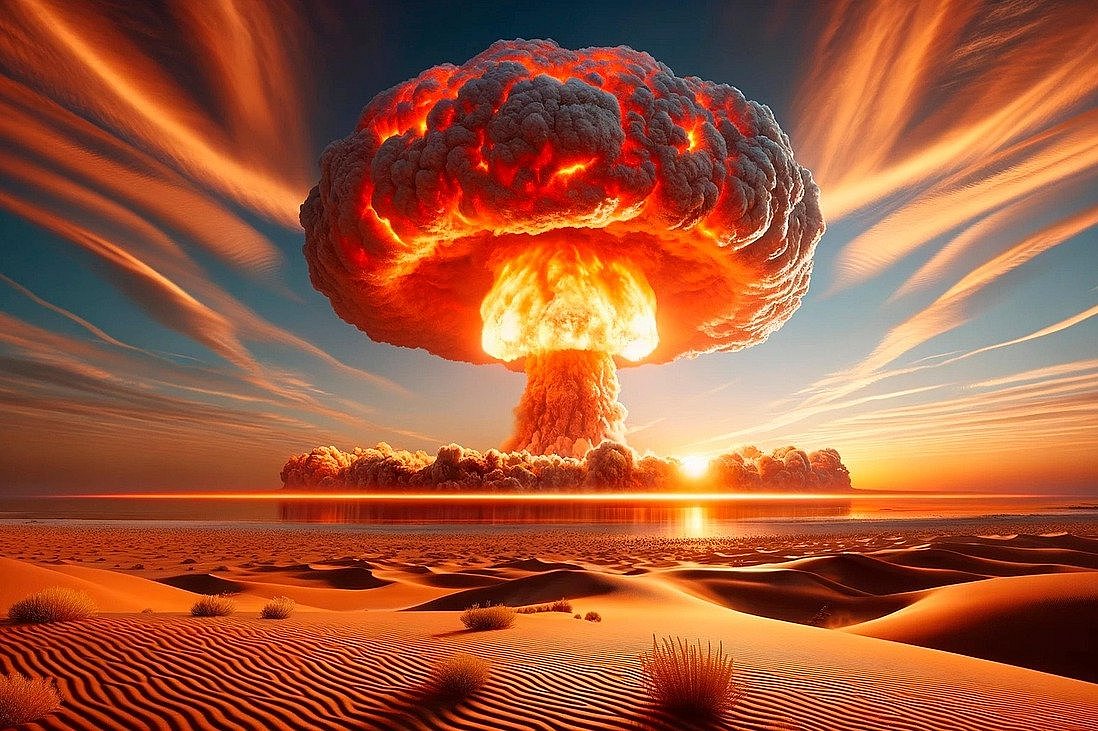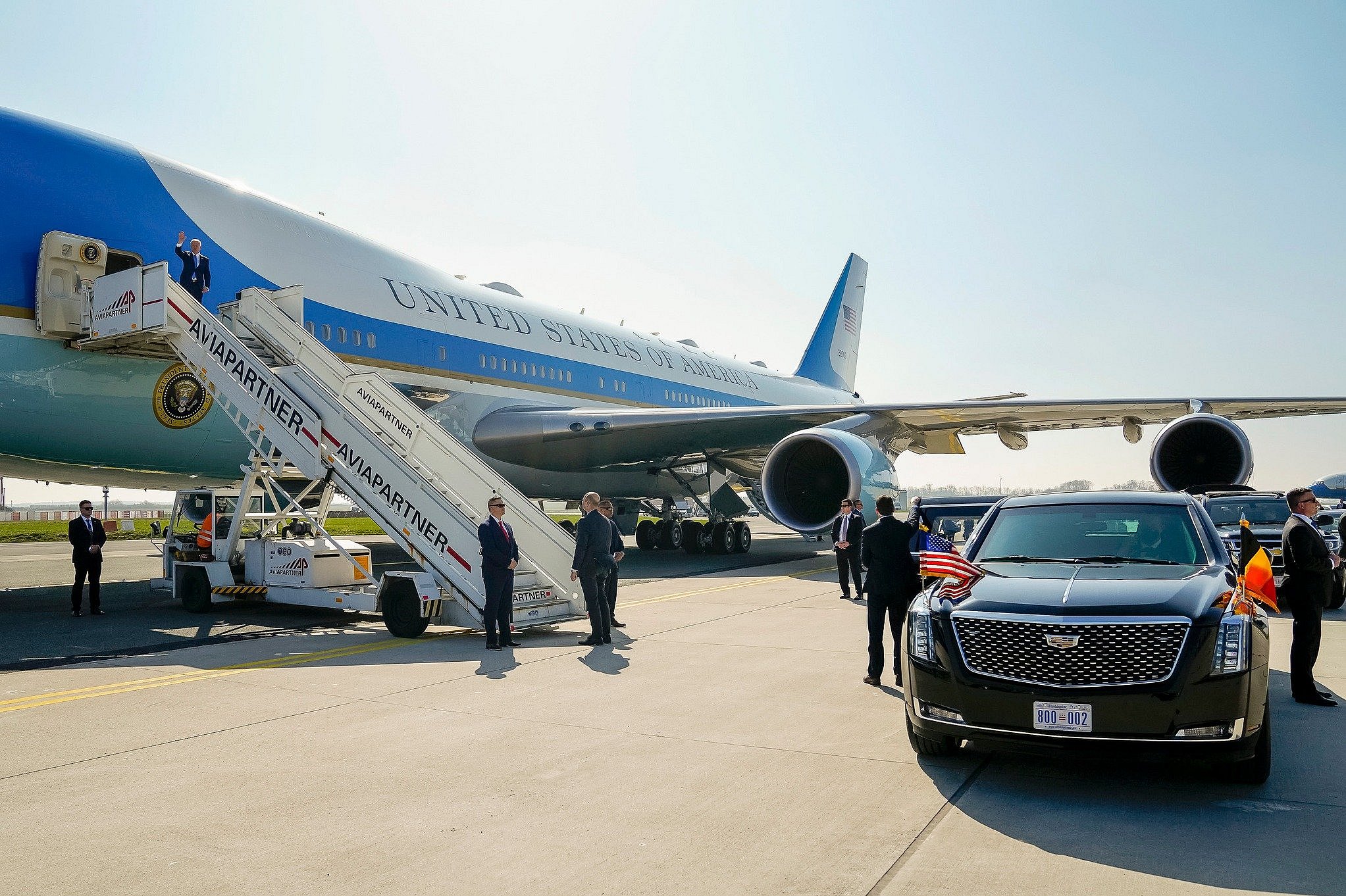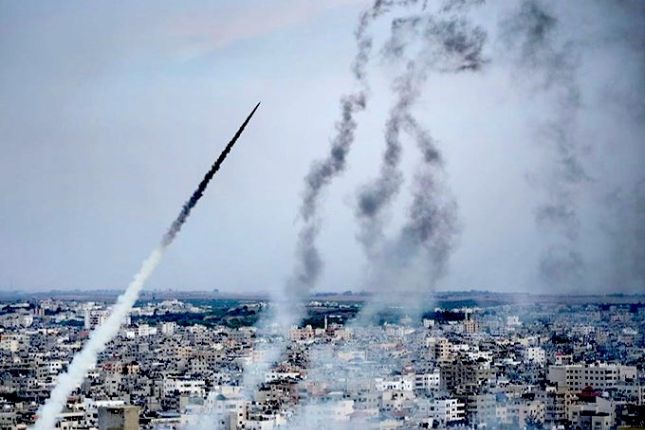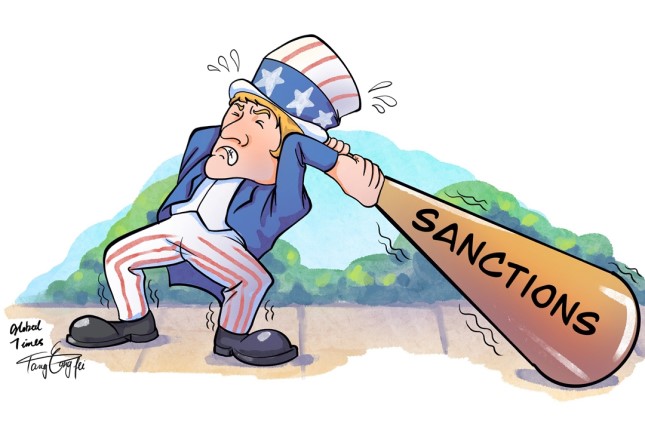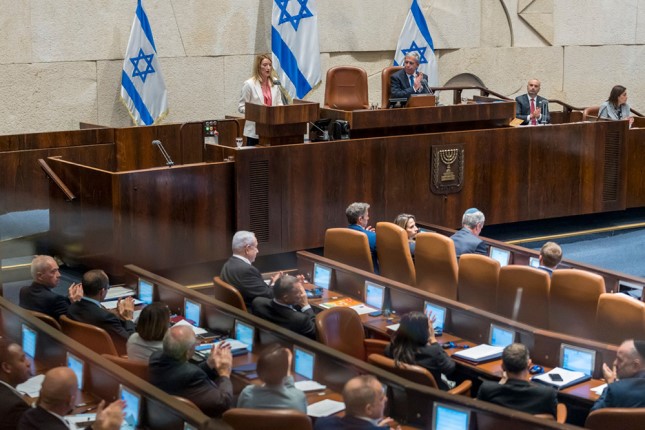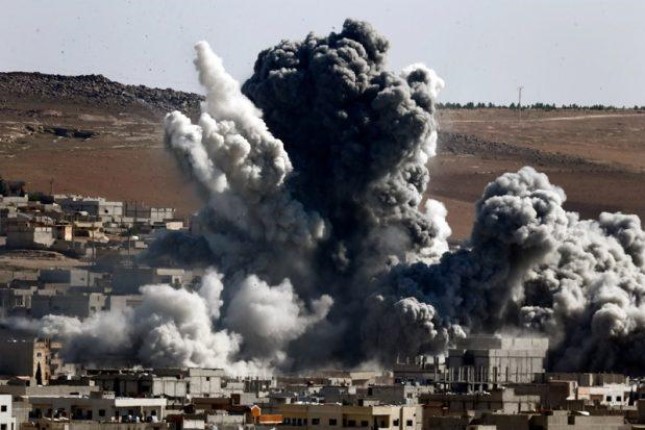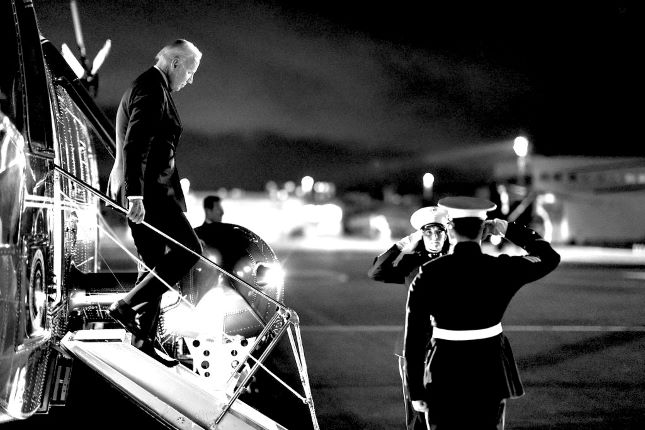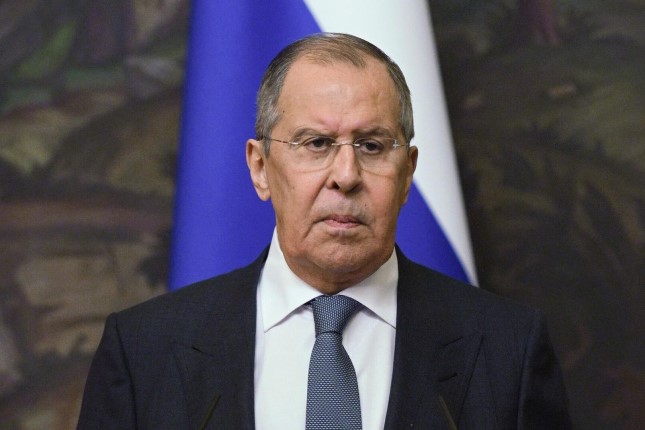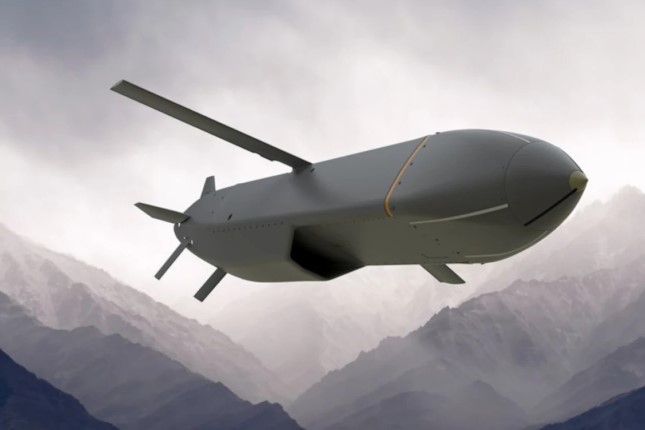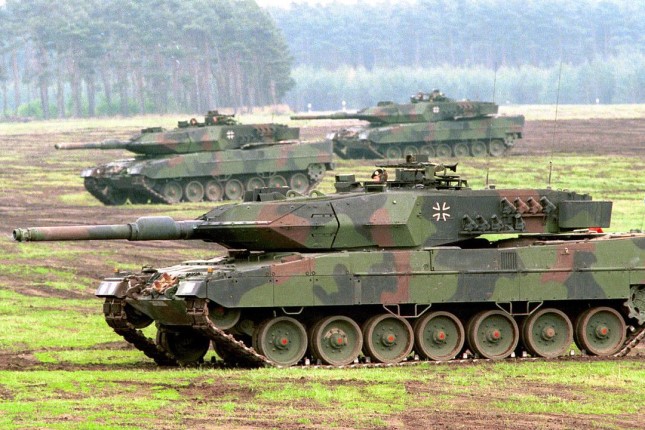President Trump’s announcement that the United States will resume nuclear weapons testing after a 33-year moratorium represents precisely the kind of reflexive, muscle-flexing response that substitutes for strategy in Washington’s foreign policy establishment. Made just hours before his meeting with Chinese President Xi Jinping, this decision manages to undermine American interests while providing Beijing and Moscow with precisely the diplomatic ammunition they’ve long sought.
The president’s justification—that we must test “on an equal basis” with other countries—rests on a foundation of dubious claims. Russia’s recent test of the Burevestnik nuclear-powered cruise missile involved the delivery system, not a nuclear detonation. China’s last known nuclear weapons test occurred in 1996. North Korea, the only nation conducting actual nuclear tests in recent years, is hardly the standard by which America should calibrate its strategic posture.
What Trump has done, whether intentionally or not, is hand a propaganda victory to Beijing and Moscow while potentially accelerating the very nuclear competition he claims to be responding to. The United States maintains nuclear superiority not through explosive testing but through sophisticated computer modeling and subcritical experiments—technologies in which we possess an overwhelming advantage. By resuming testing, we invite our rivals to close gaps in their capabilities while squandering the moral high ground that comes from restraint.
The timing betrays the hollowness of this decision. Announcing a resumption of nuclear testing mere hours before sitting down with Xi Jinping suggests this was less about genuine strategic necessity and more about theatrical posturing—the kind of cheap signaling that plays well on social media but complicates actual diplomacy. One wonders how the president expects to negotiate seriously on trade, Taiwan, or regional stability while simultaneously escalating nuclear tensions.
Moreover, this move undermines decades of American efforts to strengthen the global non-proliferation regime. While it’s true that the Senate never ratified the Comprehensive Nuclear-Test-Ban Treaty, successive administrations of both parties recognized that America’s voluntary restraint served our interests by discouraging testing by others. That bipartisan consensus, forged through careful consideration of strategic realities, has now been casually discarded.
The broader pattern here is troubling. Trump’s approach to nuclear policy—whether threatening “fire and fury” against North Korea, withdrawing from the Iran nuclear deal, or now resuming weapons testing—consistently prioritizes dramatic gestures over patient strategy. The problem with foreign policy by pyrotechnics is that other nations respond in kind, creating escalatory dynamics that serve no one’s interests.
What makes this particularly frustrating is that the United States faces genuine challenges in managing strategic competition with China and Russia. Beijing’s rapid expansion of its nuclear arsenal deserves serious attention and response. But that response should involve strengthening deterrence through conventional capabilities, shoring up alliances, and maintaining the technological edge that makes our nuclear arsenal credible without explosive testing. Instead, we’re choosing a path that will likely accelerate Chinese nuclear development while providing cover for Russian violations of arms control norms.
The irony is rich: a president who campaigned against endless wars and reckless interventionism has just taken a step that makes nuclear proliferation more likely and strategic stability less certain. This isn’t “peace through strength”—it’s instability through impulsiveness.
If Congress retains any meaningful role in matters of war and peace, it should demand answers about the strategic rationale for this decision, its potential consequences, and whether alternative approaches were seriously considered. The power to resume nuclear testing after three decades of restraint should not rest in a single impulsive Truth Social post.
The question isn’t whether America possesses sufficient nuclear weapons—we do. The question is whether we possess sufficient strategic wisdom to wield that power responsibly. On that measure, this week’s announcement offers a discouraging answer.
Source: LeonHadar.com
